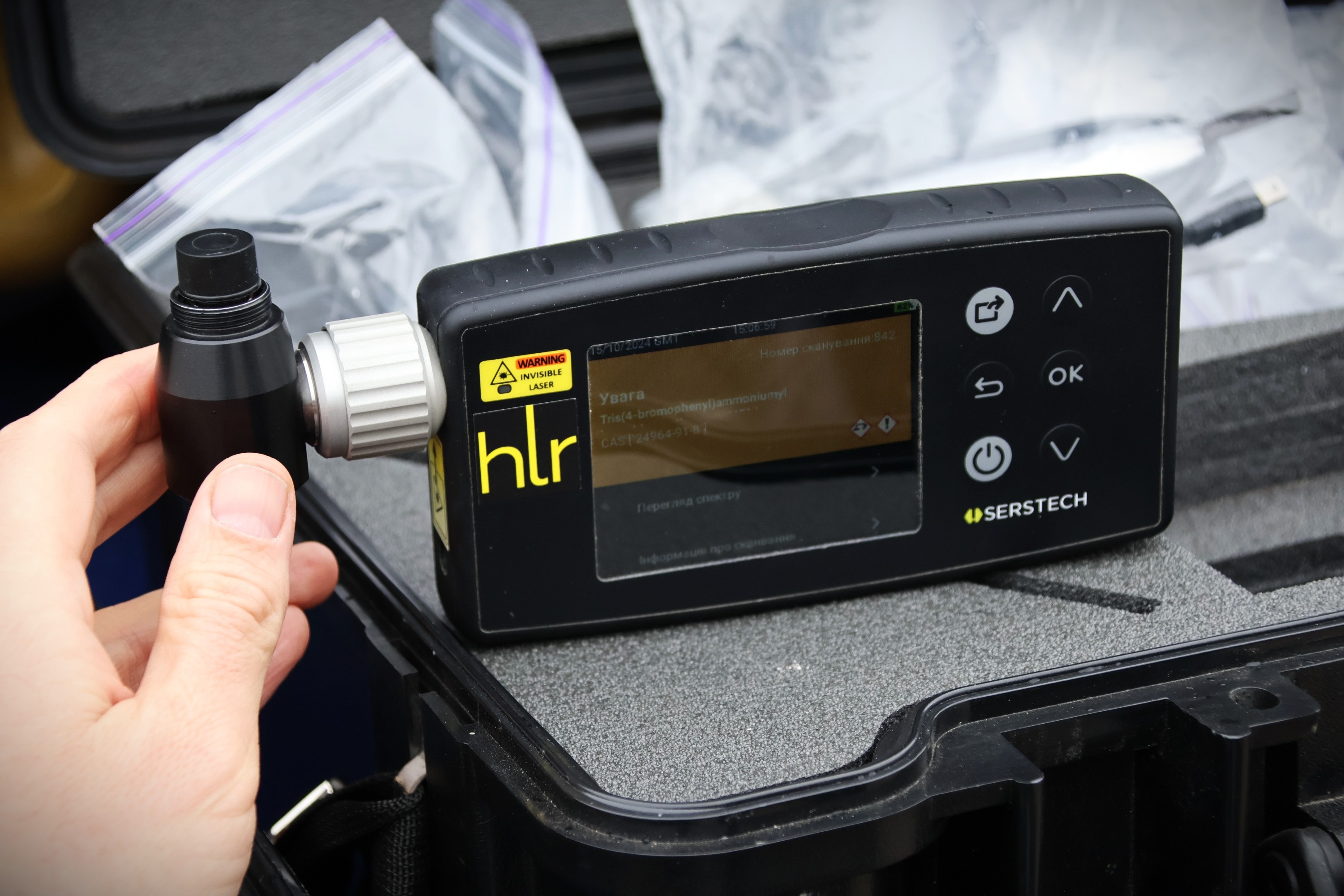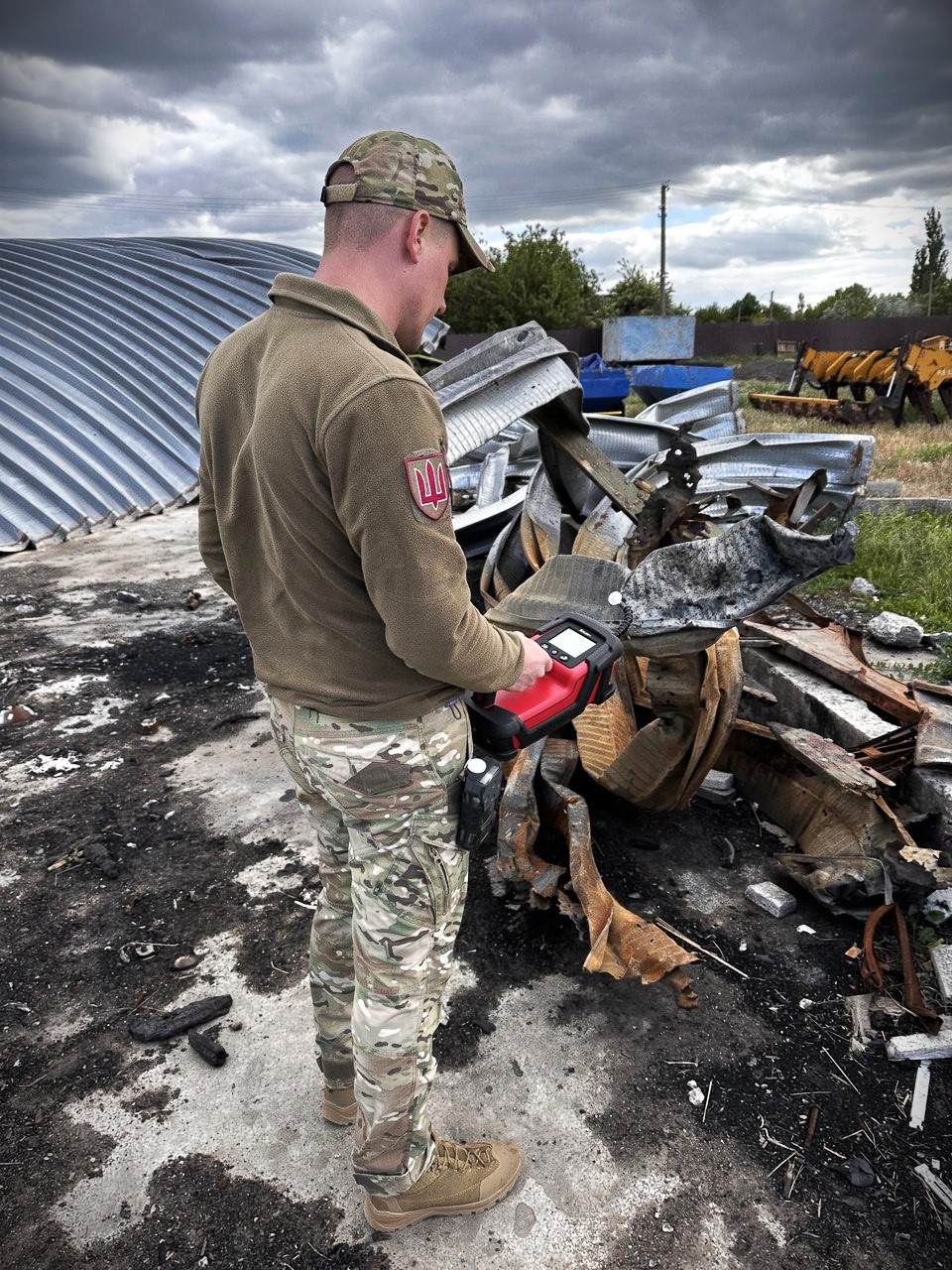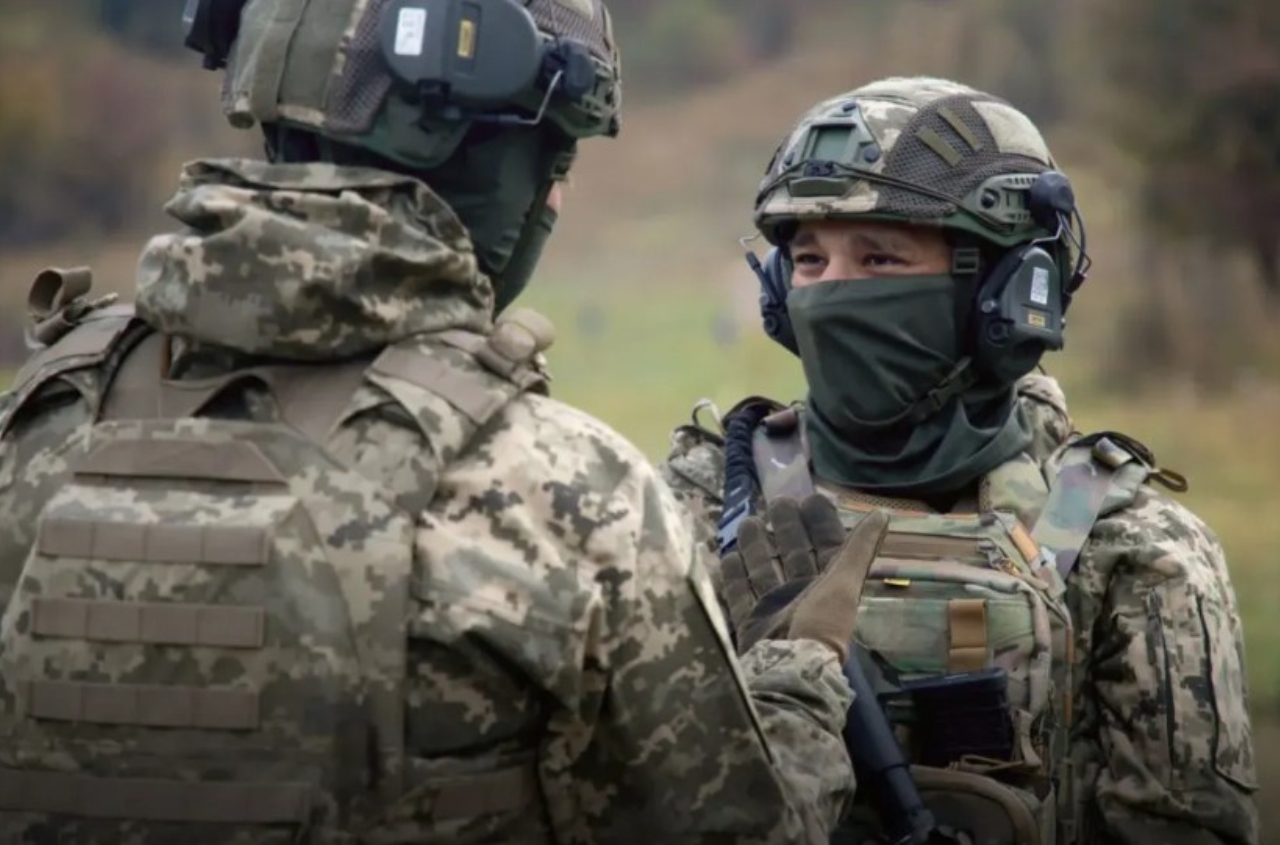In the soils of the de-occupied territories of Mykolaiv region, elevated levels of heavy metals (arsenic, lead, copper, zinc) and residues of explosives have been found.
These initial results come from instrumental and laboratory studies conducted by specialists from the Center of Excellence for Mine Action and Environmental Safety (referred to as the Center) following a request from the Mykolaiv Regional Military Administration, which is responsible for addressing environmental pollution caused by explosive ordnance.

The detected contamination is a consequence of the Russian army's rocket and artillery strikes, which were chaotic in nature and hit enterprises and storage facilities for plant protection products, agrochemicals (toxic chemicals), and fuels. Certain areas have sustained significant damage to the soil cover, disrupting its natural state and necessitating considerable efforts for the reclamation of the affected lands.
The Center's specialists surveyed land parcels in the vicinity of the city of Snihurivka and the village of Shevchenkove. Soil, sediment, and water samples were taken from the Inhulets River. Military ecologists conducted a series of measurements using the most advanced equipment. More detailed results will be available after analyzing the samples in laboratory conditions with the participation of specialists from the Ukrainian Laboratory of Quality and Safety of Agricultural Products.

The research conducted will contribute to the restoration of the affected areas and their return to agricultural use, as well as the regeneration of natural ecosystems, including particularly valuable lands within the natural reserve fund.




















